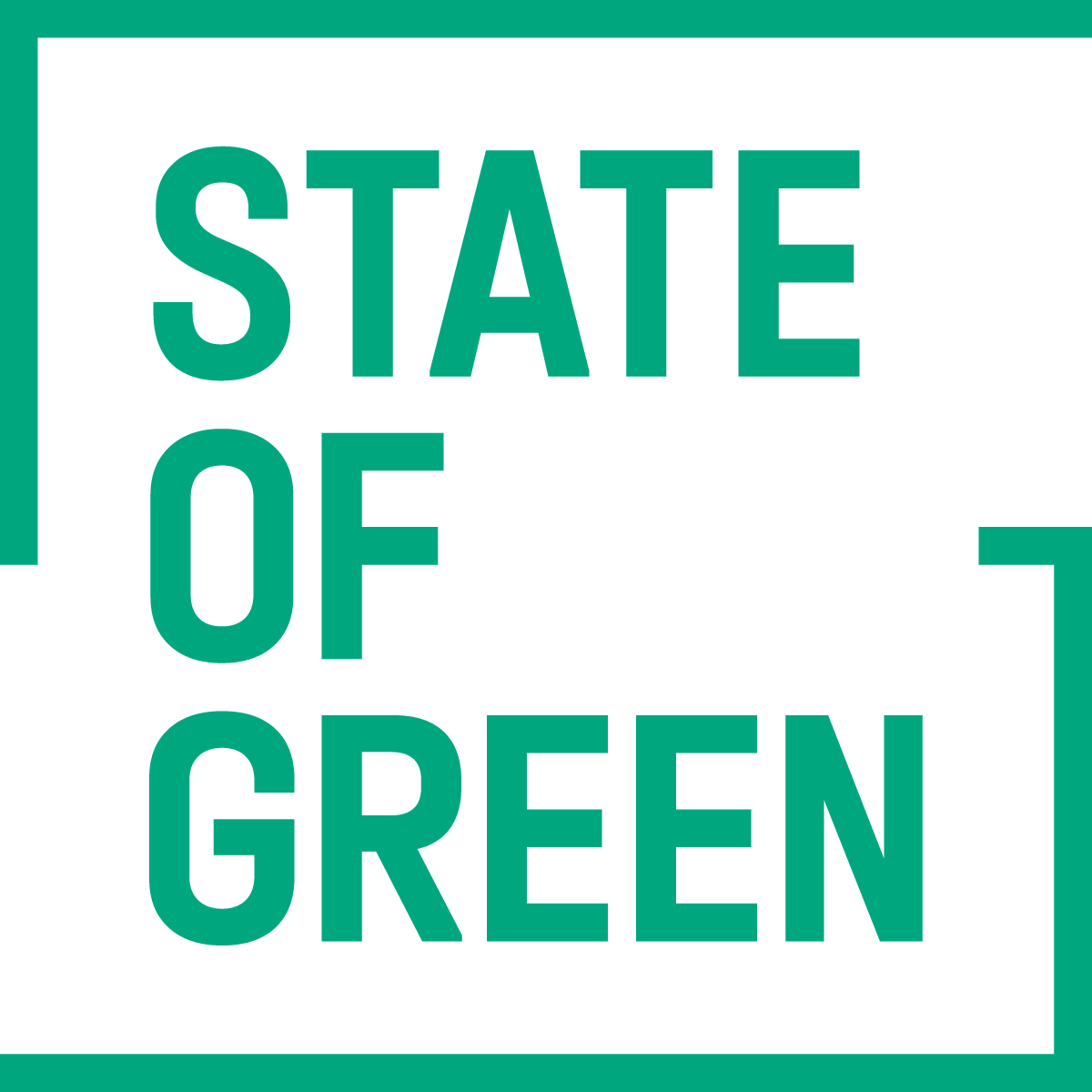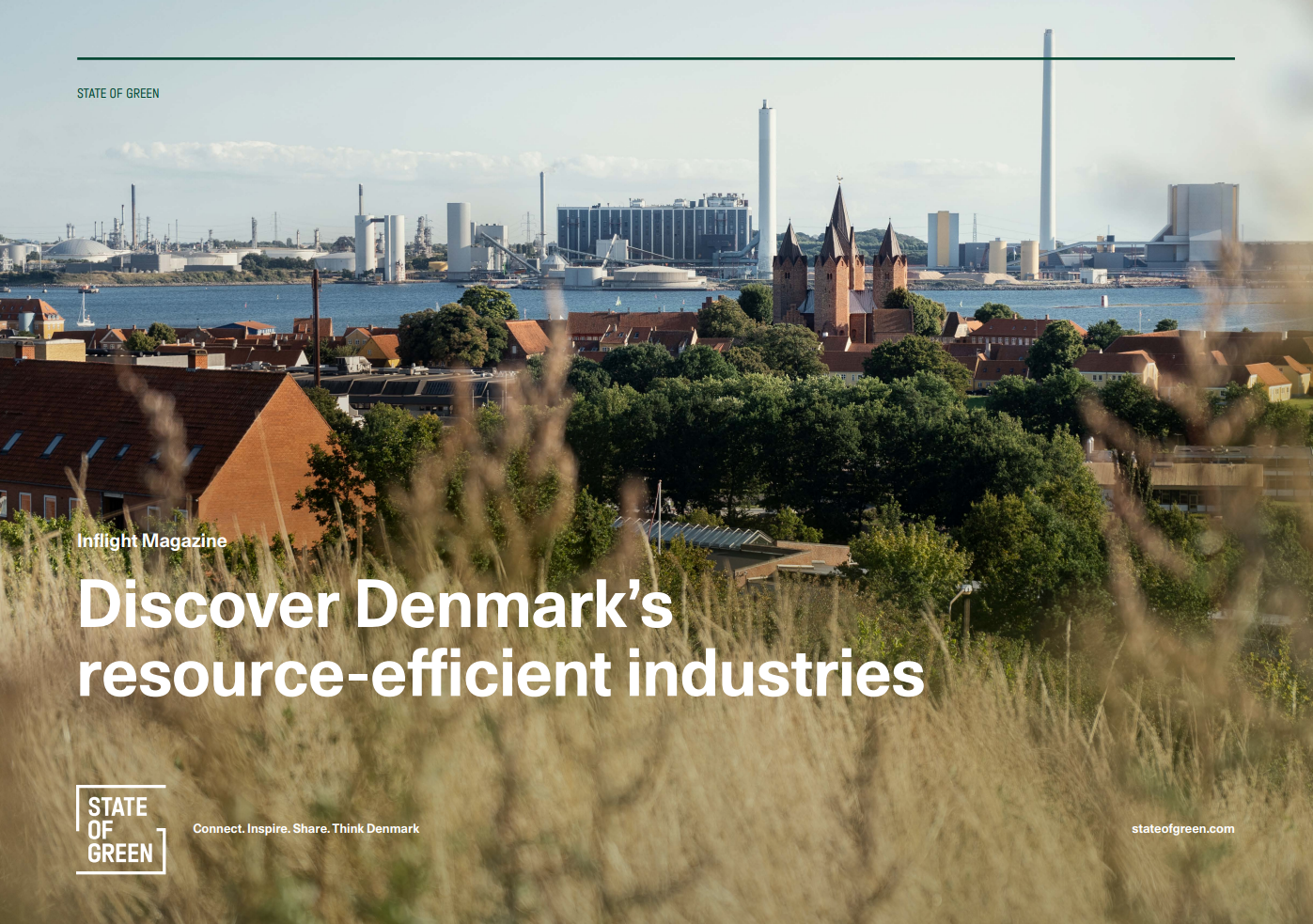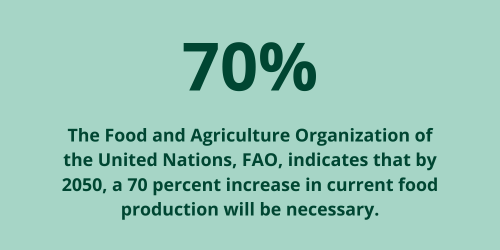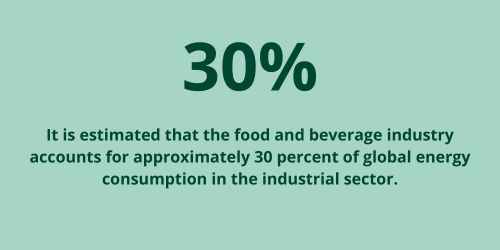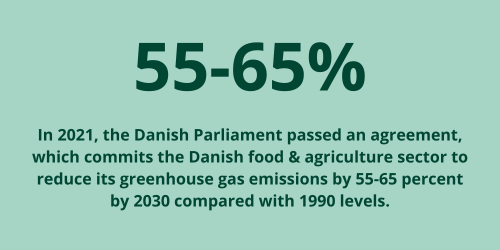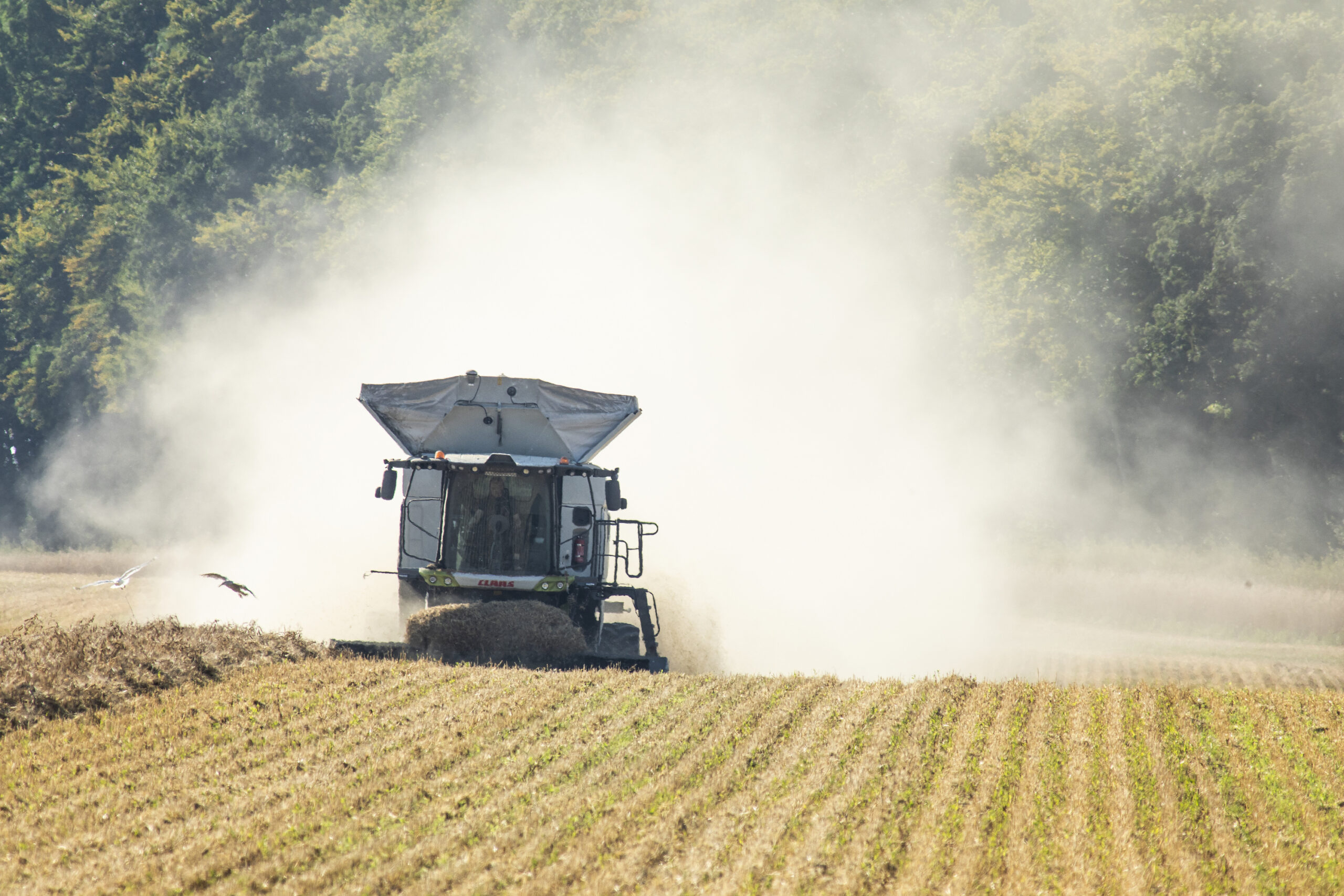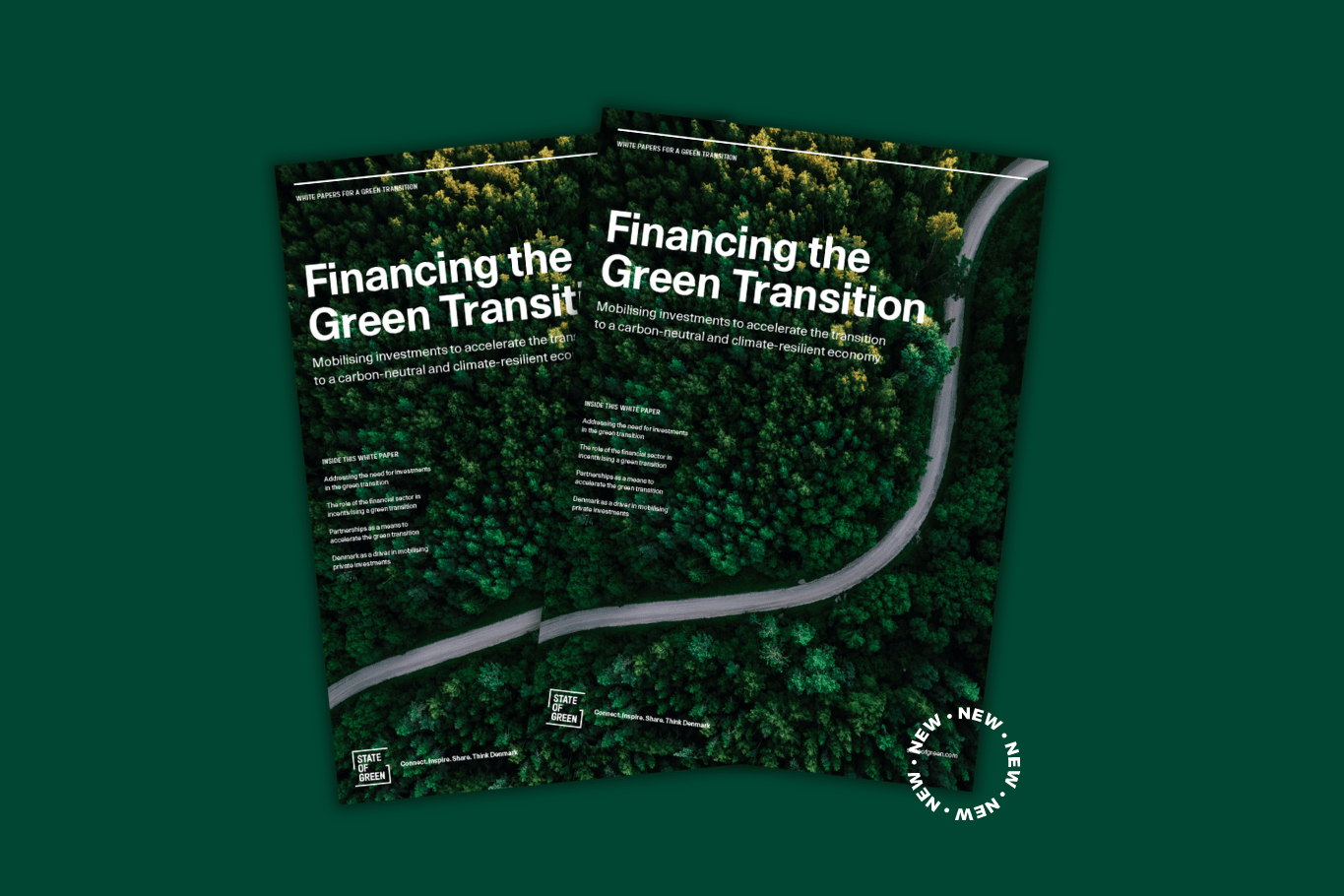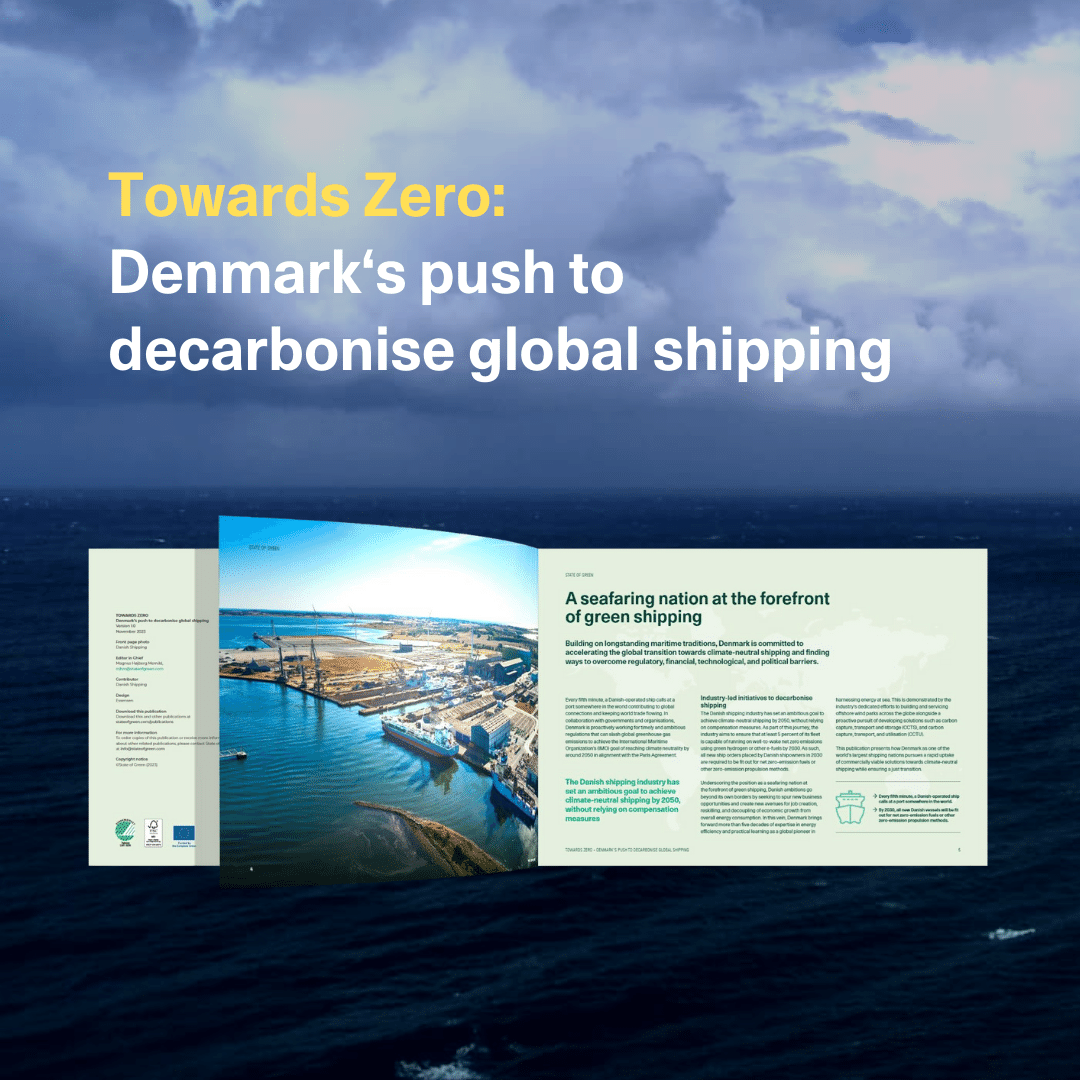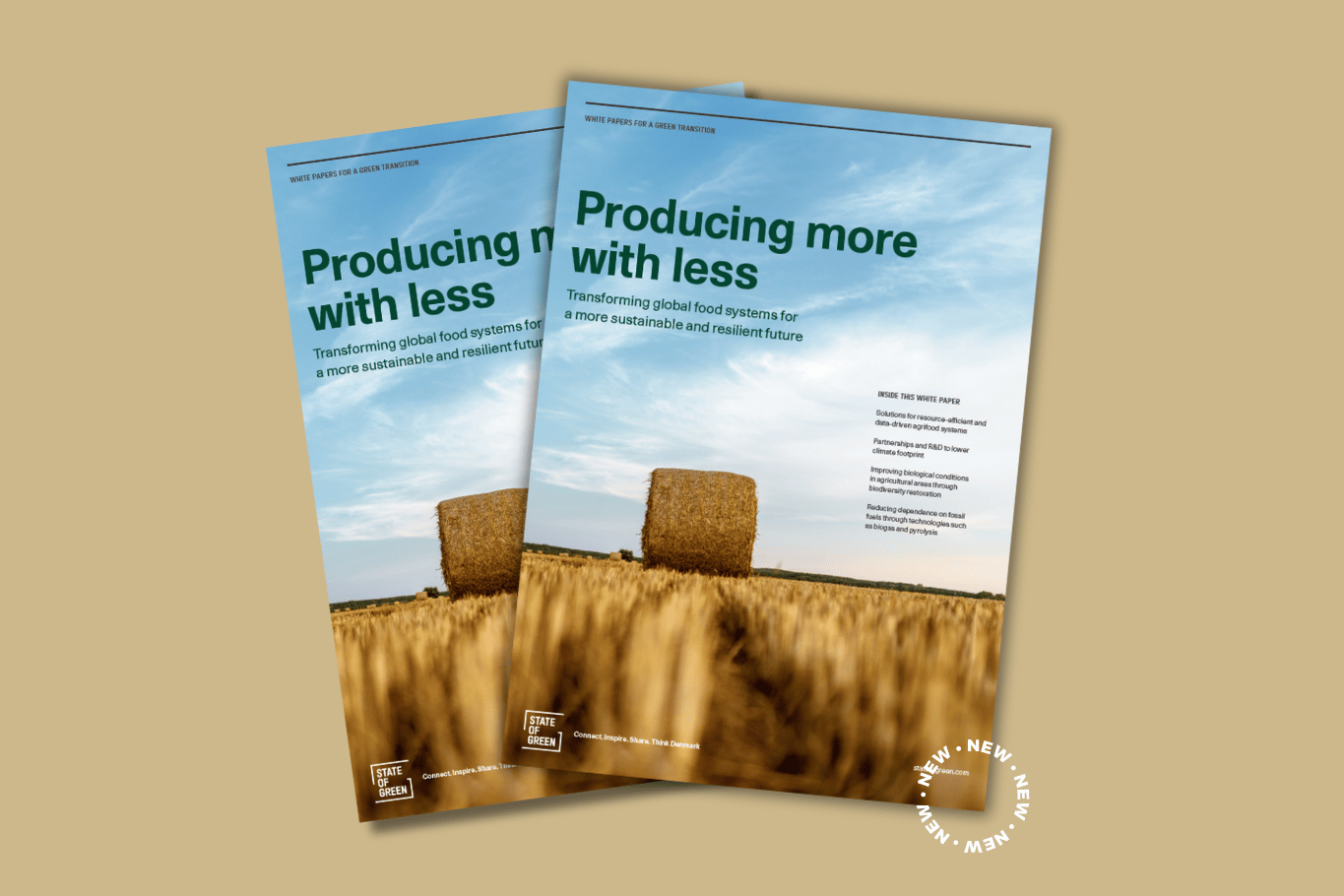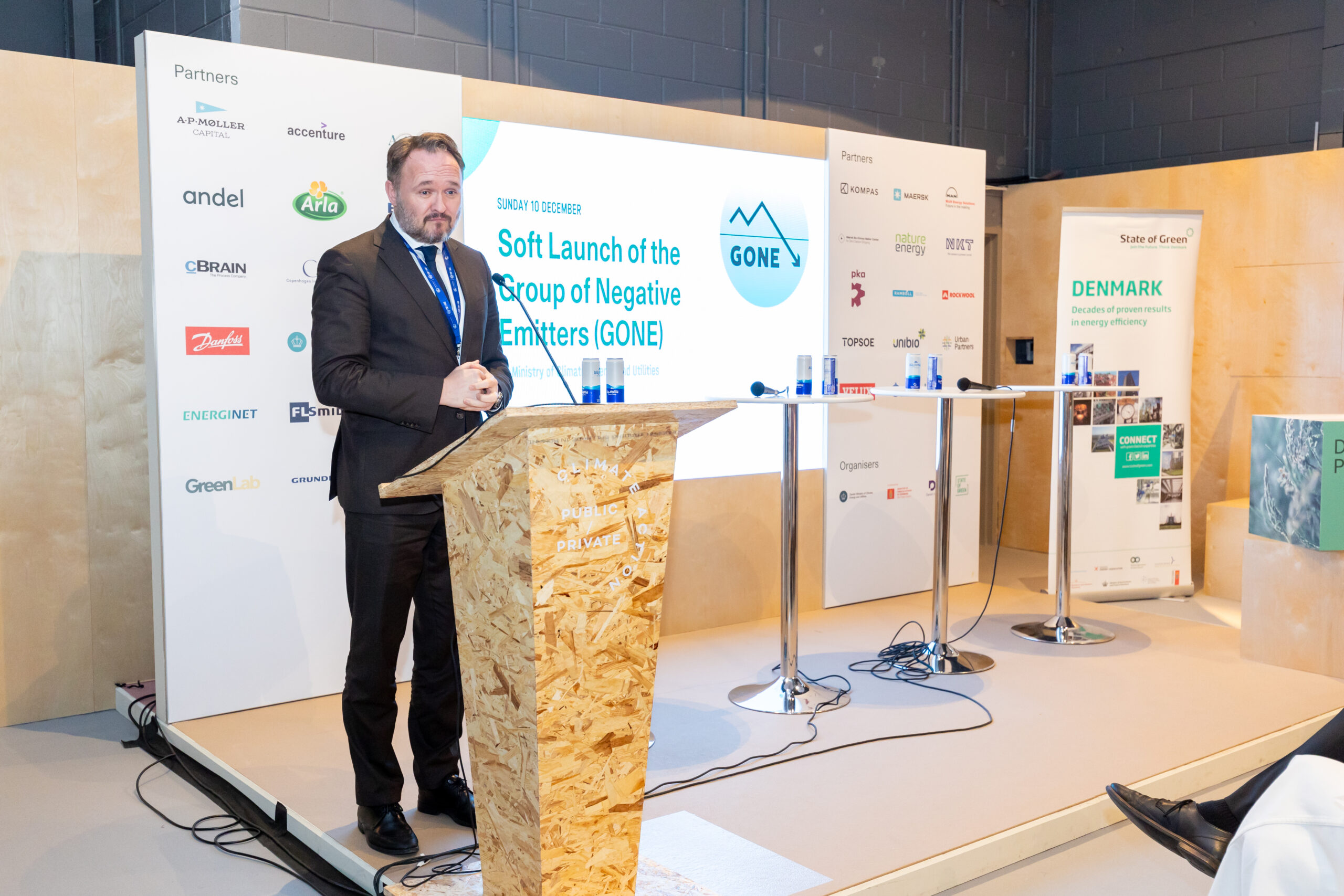Additionally, the industry has managed to reduce its emissions by 16 percent between 1990 – 2016, while simultaneously increasing production rate by 31 percent.
Therefore, industry stands out as a frontrunner in energy efficiency compared to other sectors of the economy. Experience shows that large efficiency improvements can be achieved through optimised production equipment, building and workflow by realising the full potential of digitalisation and behavioural changes. Moreover, a strong focus from management’s side is needed. Further improvements are obtained by switching to a greener energy supply, and by harvesting the potential in surplus energy and water resources that would otherwise have been wasted.
The solutions needed for a green transition of global industries are in many cases already available and the potential for saving energy is tremendous. Improved efficiency of energy, water, and other resource consumption will allow industry to realise substantial economic gains now while contributing to the realisation of the Paris Agreement and the Sustainable Development Goals. Especially in regard to the goals focusing on clean energy, clean water, industry, sustainable cities, and climate action.

